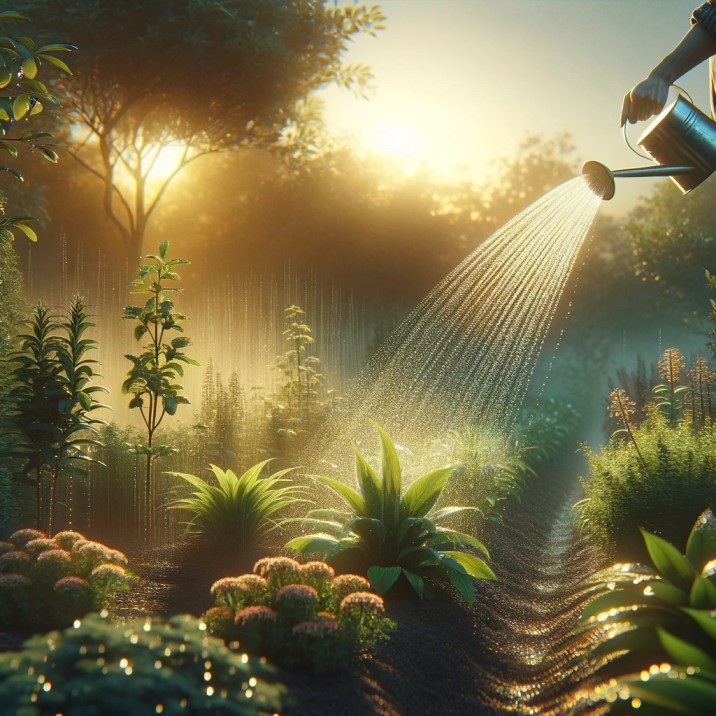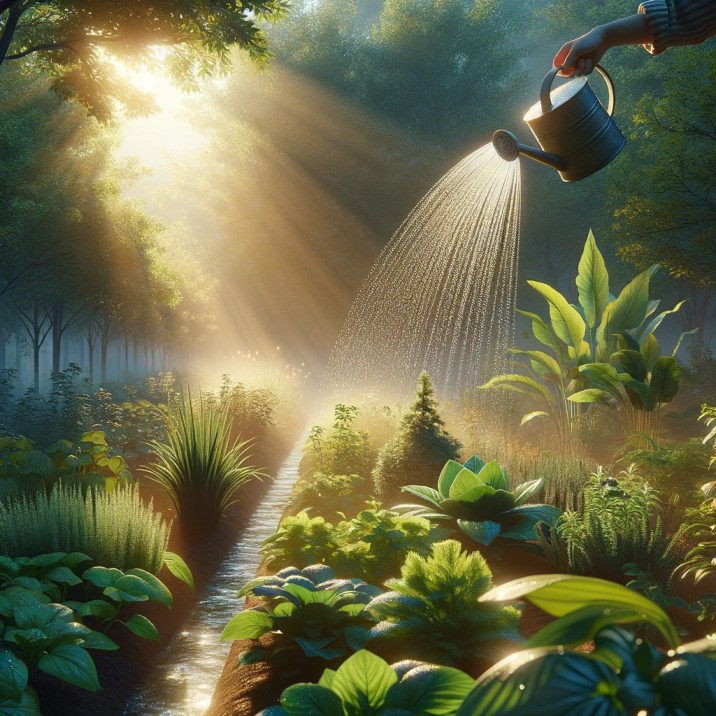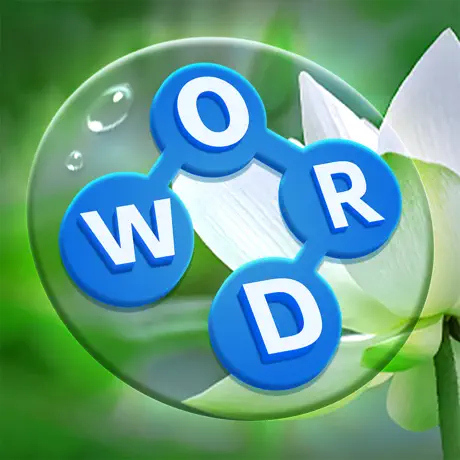One of the most common questions among garden enthusiasts and plant caretakers is: “What is the best time to water plants?” Understanding the optimal time for watering is crucial not only for the health and growth of plants but also for water conservation. Here, we delve into this topic, exploring why early morning is generally considered the best time, along with other factors that play a pivotal role in effective plant watering.

Early Morning: The Optimal Time
Early morning watering, preferably before the heat of the day sets in, offers numerous benefits:
- Reduced Evaporation: Morning temperatures are cooler, and the sun is less intense, resulting in less water loss to evaporation. This means more water reaches the roots where it’s needed most.
- Efficient Absorption: In the cooler morning hours, the soil is typically more receptive to water absorption. The water penetrates the soil more effectively, reaching deep to the roots without much waste.
- Plant Health and Stress Reduction: Plants are better equipped to handle the day’s heat with sufficient morning hydration. This hydration helps in maintaining turgor pressure, essential for the strength and stability of plants.
- Prevention of Diseases: Watering in the morning ensures that any water that gets on the leaves has time to evaporate during the day. This is important as prolonged moisture on foliage can lead to fungal diseases and other plant health issues.
Alternatives: Late Afternoon and Early Evening
If morning watering is not feasible, the next best time is late afternoon or early evening. However, this timing requires more caution:
- Avoiding Nighttime Watering: While evening watering is better than watering in the heat of the day, it’s crucial to ensure that the foliage doesn’t stay wet overnight. This can be achieved by watering early enough in the evening for the leaves to dry out before nightfall.
- Balancing Soil and Air Temperature: Evening temperatures are typically cooler than noon but warmer than early morning, making this a suitable time for water absorption without significant evaporation.
Understanding Plant Requirements
Different plants have varying water needs, influenced by their native habitats and growth conditions:
- Native Habitat: Plants native to arid regions, like succulents and cacti, require less frequent watering, whereas tropical plants may need more consistent moisture.
- Soil Type and Condition: Sandy soils drain quickly and may require more frequent watering. In contrast, clay soils retain moisture longer and may only need occasional watering.
- Weather and Climate Considerations: During hot, dry, or windy conditions, plants may need more frequent watering. Conversely, in cooler, cloudy, or humid weather, plants may require less water.
Techniques for Effective Watering
- Deep Watering: Encouraging deeper root growth is crucial for plant health. This can be achieved by watering deeply and less frequently, rather than shallow and frequent watering.
- Mulching: Mulching helps retain soil moisture and regulates soil temperature, reducing the need for frequent watering.
- Water Conservation Methods: Using drip irrigation systems or soaker hoses can help deliver water directly to the soil, minimizing evaporation and water wastage.
- Monitoring Moisture Levels: Checking soil moisture before watering can prevent overwatering. A simple way is to insert a finger into the soil; if the top inch is dry, it’s usually time to water.
Special Considerations
- Container Plants: Potted plants often have different watering needs due to limited soil volume and faster drying conditions. They may require more frequent watering, especially in warmer weather.
- Newly Planted Trees and Shrubs: Newly planted trees and shrubs may require more frequent watering until their root systems are established.
Watering plants at the right time is a simple yet essential aspect of plant care. While early morning is generally the best time, understanding the specific needs of your plants, the local climate, and soil conditions are equally important. Through mindful watering practices, not only can we ensure the health and vitality of our plants, but we can also contribute to water conservation, an increasingly critical aspect of gardening and plant care in today’s world.

